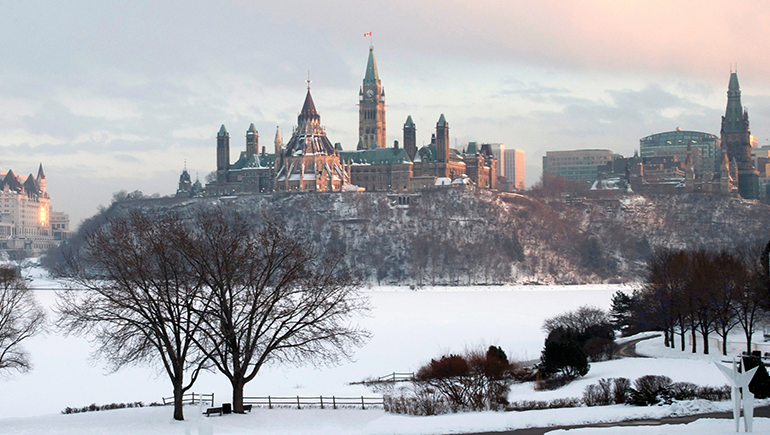Government releases regulations around Jan 1 foreign buyer ban
At a glance (2 minute read)
- The regulations define a foreign buyer, residential property, and purchase.
- Foreign-owned corporations are included in the ban.
- Anyone who knowingly assists in a sale of a residential property to a foreign buyer may be subject to a $10,000 fine.
- There are no new recordkeeping obligations for Realtors, however CREA is providing a certificate to help mitigate risk.

The government released the regulations supporting the federal foreign buyer ban today, defining what the ban will look like.
These regulations outline:
- The definition of a residential property, foreign buyer, and purchase;
- Exceptions for temporary residents that meet specific obligations that include students or workers, refugees, and accredited members of foreign missions in Canada; and
- Penalties for non-compliance applicable to Non-Canadians, as well as any person or entity knowingly assisting a Non-Canadian in violating the prohibition
There’s still little information on how this law and its regulations will be interpreted and enforced.
Reducing risk for REALTORS®
The regulations don’t require any further record keeping for Realtors, however the Canadian Real Estate Association (CREA) recommends members perform due diligence to ensure they’re not facilitating a sale to a foreign buyer.
CREA developed the Certification and Consent of Purchaser as a way Realtors can help mitigate their risk – though members should be aware that this document may not be foolproof as there’s still little information on how the regulations will be enforced.
The certificate should be completed before assisting or advising a potential buyer and should be used in combination with other due diligence practices.
Key highlights
- The Prohibition on the Purchase of Residential Property by Non-Canadians Act prevents non-Canadians from buying residential property in Canada for two years starting on January 1, 2023.
- Non-Canadians are defined as individuals who aren’t:
- Canadian citizens
- permanent residents of Canada
- persons registered under the Indian Act.
- corporations based in Canada that are privately held, not listed on a stock exchange in Canada, and controlled by someone who is a non-Canadian.
- The act defines residential property as buildings with three homes or less, as well as parts of buildings like a semi-detached house or a condominium unit. The law doesn’t prohibit the purchase of larger buildings with multiple units.
- The act has a $10,000 fine for any non-Canadian or anyone who knowingly assists a non-Canadian and is convicted of violating the act. If a court finds that a non-Canadian has done this, they may order the sale of the house.